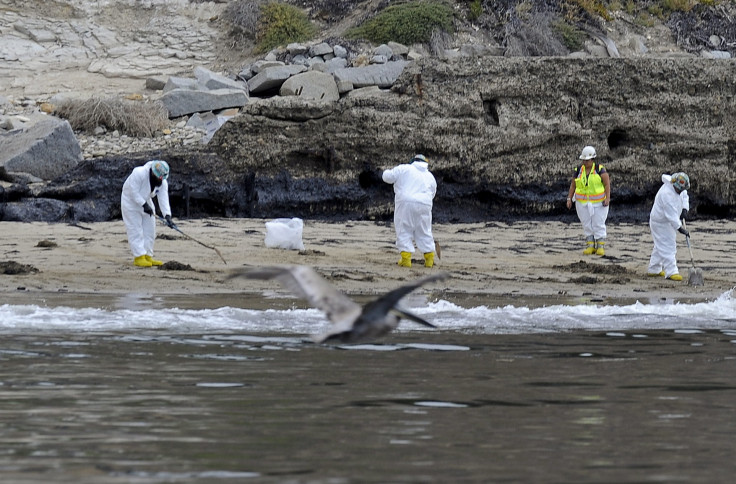Rising Ocean Temperatures Could Irreversibly Harm Marine Life: Study

Unless the level of greenhouse gases emissions is reduced substantially, there could be “far-reaching and largely irreversible impacts” on ocean life that would hit developing nations, especially hard, a team of scientists warned on Friday.
A research team from the Ocean 2015 Initiative, which is tasked with providing information and recommendations for the nations attending the COP21 international climate conference in Paris this December, called for major changes to human industrial activity in order to prevent irreparable damage to the planet’s ecosystem. The team made the recommendations after conducting a review study, published Friday in the journal Science.
"To date, the oceans have essentially been the planet's refrigerator and carbon dioxide storage locker. For instance, since the 1970s they've absorbed roughly 93 percent of the additional heat produced by the greenhouse effect, greatly helping to slow the warming of our planet," Hans-Otto Pörtner, a researcher at the Alfred Wegener Institute, Helmholtz Centre for Polar and Marine Research in Germany and the study's co-author, said in a press release.
But the authors warned that the atmospheric carbon dioxide concentration has risen from 278 parts per million to 400 parts per million, an increase of 40 percent. Temperatures are rising even at the deepest and the most remote parts of the ocean, which has triggered the mass migration of some species up to 250 miles closer to the planet’s poles, while acidification threatened corals and bivalves in many regions of Earth.
For their study, the research team considered two possible scenarios for global emissions -- one, where the rise in global temperatures is limited to 2 degrees Celsius, an internationally agreed target for the safe limit, and another “business as usual” scenario where the temperature will continue rising unchecked.
"If we can successfully limit the rise in air temperature to two degrees Celsius through the year 2100, the risks, especially for warm-water corals and bivalves in low to middle latitudes, will become critical. However, the remaining risks will remain fairly moderate," lead author Jean-Pierre Gattuso said.
The second scenario assumes that carbon dioxide emissions would remain at their 2013 level of 36 billion tons per year. The researchers warned that if this were allowed to continue, it would affect every area of human activity such as fisheries, tourism and coastal protection against weather events.
"If we just go on with business as usual, by the end of this century the changes will hit nearly every ecosystem in the oceans and cause irreparable harm for marine life," Pörtner said.
© Copyright IBTimes 2025. All rights reserved.





















